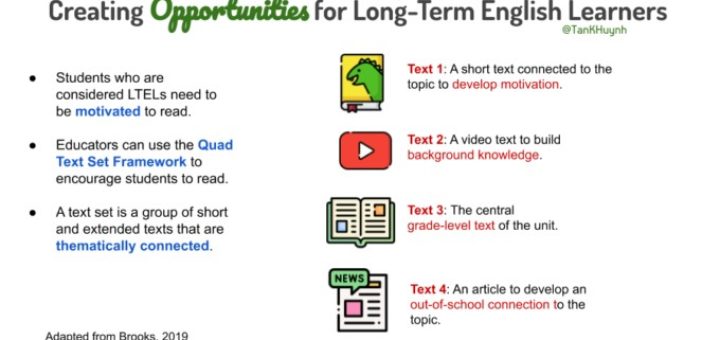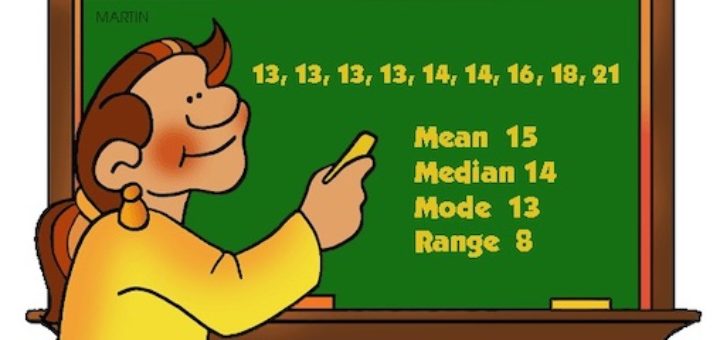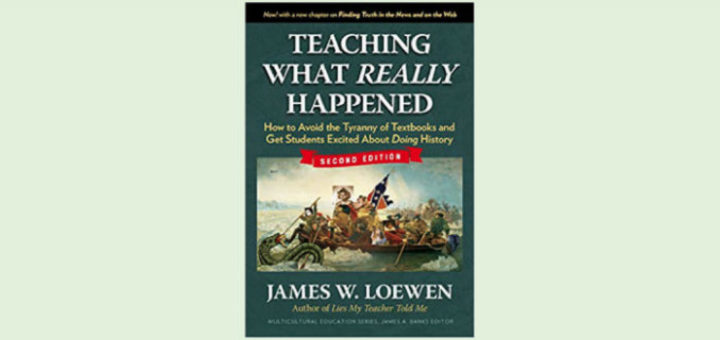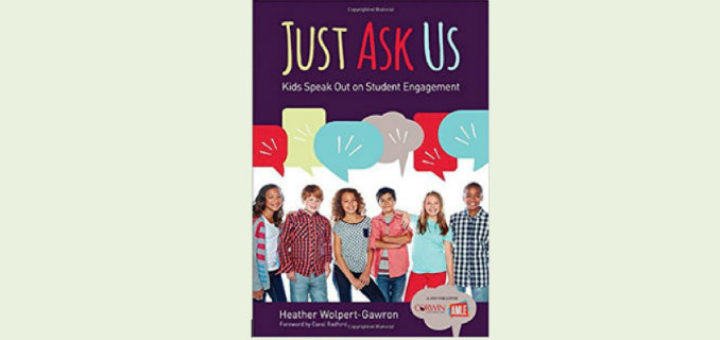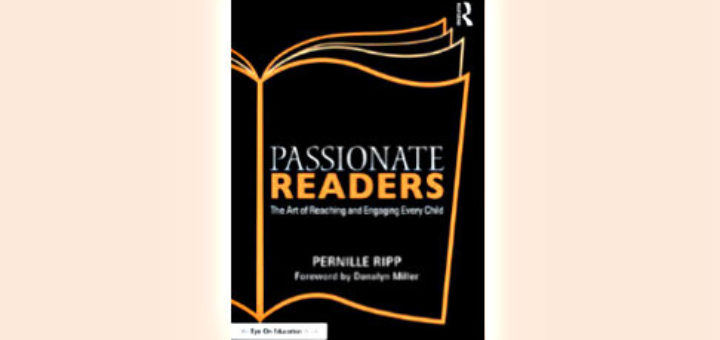Tagged: student engagement
Teacher, author and adolescent literacy consultant Cris Tovani guides us through her 6Ts (Topic, Target, Task, Text, Time, and Tending) as she tells the story of her first virtual literacy workshop – with 7th graders who are studying the Sahara Desert. Engagement? CYA!
It’s past time to rethink the label “Long-term English Learner,” writes EL teacher Tan Huyhn. He shares Dr. Maneka Brooks’ ideas for involving students designated as LTELs in their own learning, including text sets that relate to their experiences beyond the classroom.
Michelle Russell realized her students were falling into a rut. They expected her to provide the steps and jump in to help instead of figuring some things out for themselves. Learn what she did to increase engagement and deepen thinking during a challenging unit.
In a new edition of Teaching What Really Happened, Loewen moves beyond textbook distortions of historical facts and calls for teaching unvarnished history to educate “critical citizens.” History educator Michael DiClemente highlights insights all K-12 teachers can use.
Using the Reading Response strategy, Marilyn Pryle writes, class time becomes a time of meaningful discovery. Students do not passively ingest information but actively create ideas through their own thinking, writing and discussion. Teachers facilitate, clarify and celebrate.
Teachers don’t set out to bore students to death with fact-filled research projects. They want assignments where students *do something* with their facts. In her story about ‘Drew,’ former New Hampshire TOY Angie Miller provides the insight we need to spark their critical thinking and creativity.
After helping a co-teaching team talk through their student engagement challenges, coach Elizabeth Stein shares some of the guiding questions that helped the two teachers unpack their differing goals and philosophies and begin to find ways to reach more students.
Drawing on her national survey of 1500 students, Heather Wolpert-Gawron’s “Just Ask Us” brings their voices to the challenges of engagement. Adding teacher interviews and research, she offers a strategy-filled resource that belongs in every teacher’s hands, says David Bever.
You might look at Heather Wolpert-Gawron’s table of contents in “Just Ask Us” and think that you’ve seen these topics before. You have – but you likely haven’t seen them all in one place, enhanced by the rich voices and wisdom of our students. says teacher Sarah Cooper.
Teachers will want to keep Pernille Ripp’s Passionate Readers as a “forever resource,” says former reading teacher Mary Langer Thompson. This practical book, full of bold ideas and ready-made resources, centers on helping students become life-long lovers of reading.


